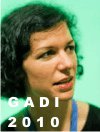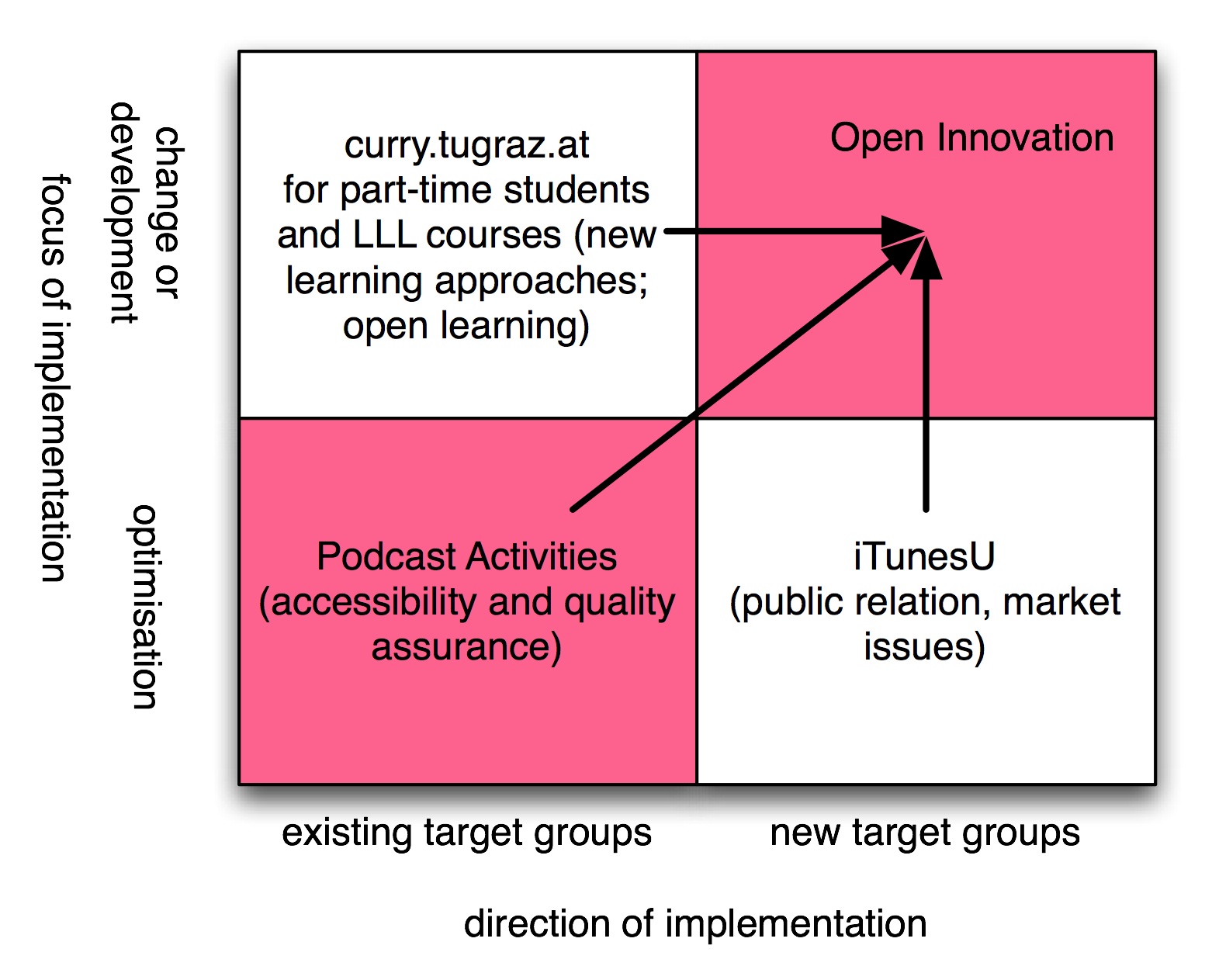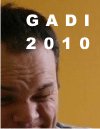Es freut mich ankündigen zu können, dass wir unser Online Angebot in Kooperation mit Unternehmen erweitern können:
Darüberhinaus freut sich die Abt. Vernetztes Lernen über die neue Kooperation mit dem Englisch Portal. Für Angehörige der TU Graz (Bedienstete wie Studierende) besteht ab sofort über eine TU Graz-Anmeldung auf alle Inhalte des English Portals zuzugreifen und auch in der Lehre zu verwenden. Melden Sie sich über den weiter unten angeführten Link einfach am Portal an und nutzen Sie die Vorteile von English Portal, um z.B. ihr Business English aufzufrischen.
Herzlichen Dank – ab sofort können alle Angehörigen der TU Graz das English Portal über diesen [Link] frei nutzen.






